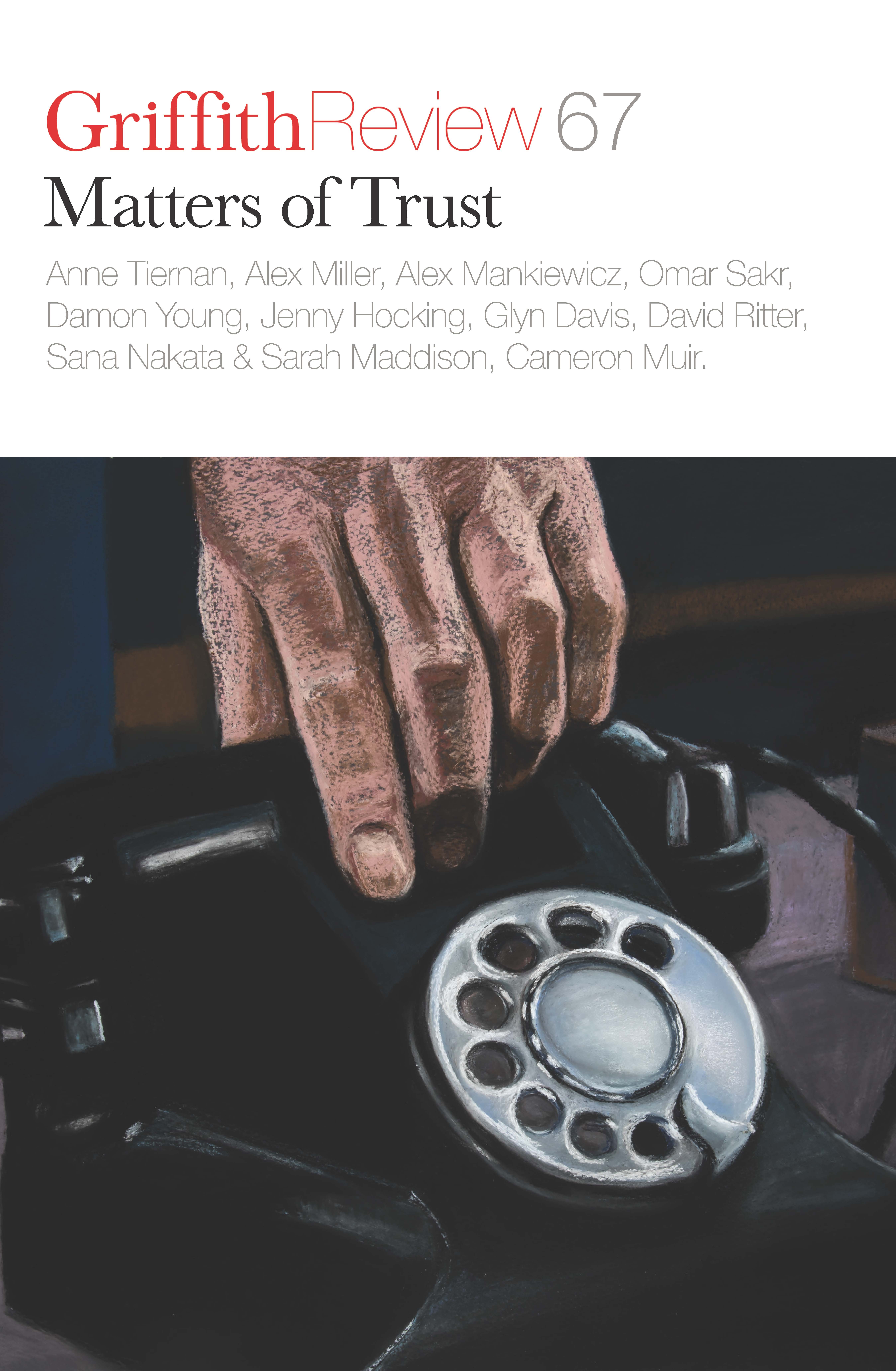Featured in

Buy
$27.99
- Published 20200204
- ISBN: 9781925773804
- Extent: 264pp
- Paperback (234 x 153mm), eBook


Already a subscriber? Sign in here
If you are an educator or student wishing to access content for study purposes please contact us at griffithreview@griffith.edu.au
Share article
About the author

Chi Luu
Chi Luu is a computational linguist, researcher and writer. She is the language columnist for JSTOR Daily. Her work has also appeared in The...
More from this edition

The things we’ll leave behind
FictionTHERE’S A LIGHT blearing hazy through the glass behind her brother’s head, the red-blue red-blue of a police car or ambulance. A fire truck....

Ministry of Truth 20/20

Trust and the competition delusion
GR OnlineThe competition delusion sees competition and co-operation as two ends of an ideological spectrum. And it presumes that, where one has to choose, competition should be presumed preferable to co-operation.
Stay up to date with the latest, news, articles and special offers from Griffith Review.